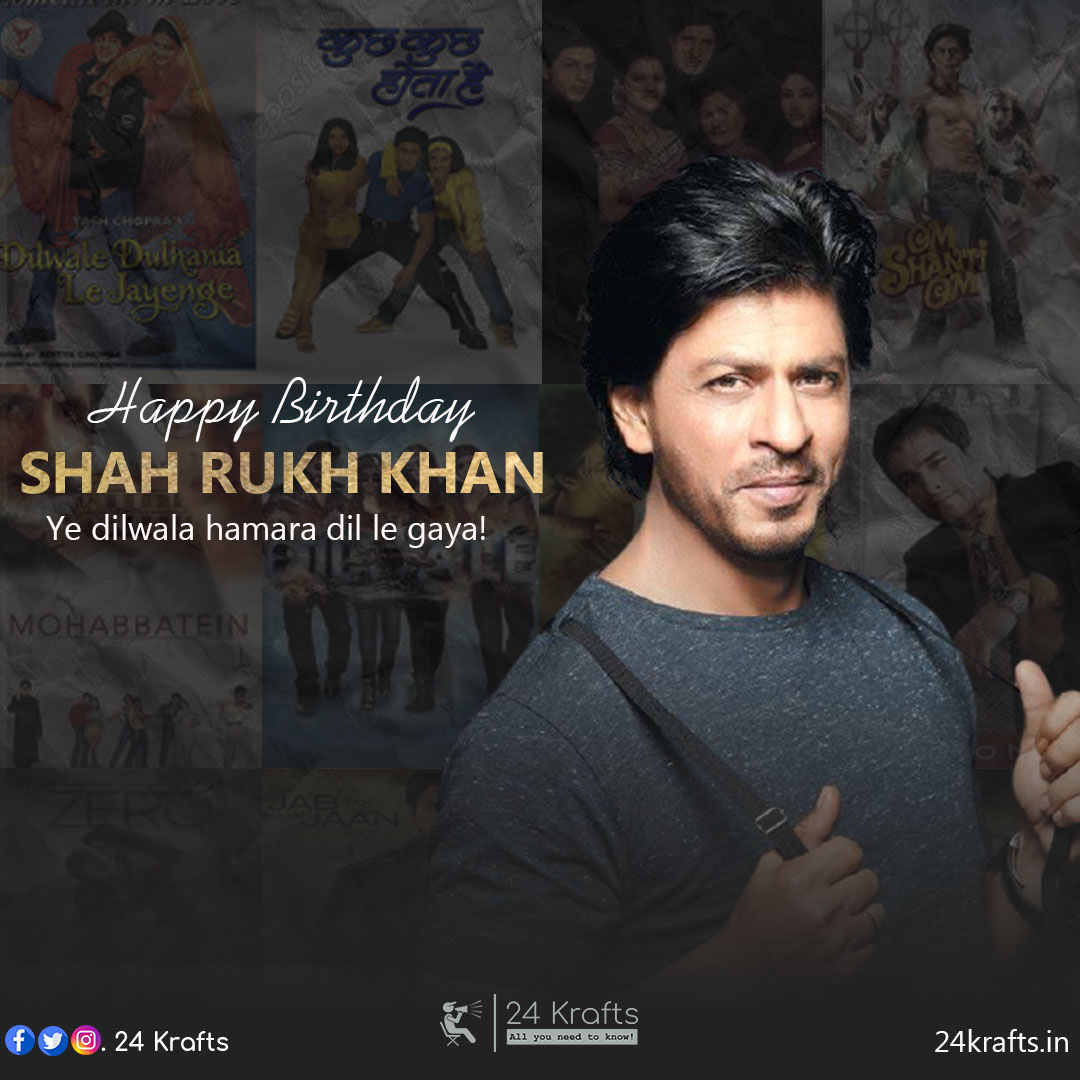“Caste and Religion are against Humanity” just as displayed in the title card, differences cause damage and it suppresses goodness in people. This movie deals with sensitive and most common issues prevailing in India for many decades. Mari Selvaraj did an exceptionally wonderful job in dealing with such sensitive subjects carefully without causing any chaos. He didn’t add any lengthy dialogues or the routine scenes to elevate any issue. Instead, he balanced every aspect with amelioration.
Classism and suppression based on religion have been an ancient matter in India. With growing times, nothing has changed. The situations have worsened. Coming to Pariyerum Perumal, Pariyan comes from a suppressed lower caste, who has a wide vision for his future and dreams of becoming a lawyer like B. R. Ambedkar. He meets Jo, an upper-caste girl, who takes the initiative to teach English to Pariyan. She falls for his innocence and kindness but Pariyan treats her as a friend. That’s where the problem starts as the incidents that follow shines the light on Indian society.
Sankaralingam, Jo’s cousin expresses superiority over Pariyan telling that he does not belong with Jo, even for friendship. That scene highlights how friendship, a pure bond is doped with differences. When Jo invites Pariyan to her sister’s wedding, the scenes that follow including Sankaralingam and Pariyan moves the audience. Those scenes depict how humanity is dying in humans. Sankaralingam is one such person who sees their caste as an authority over the lower caste. People like Sankaralingam are still breathing and living in a society where they see their caste as an asset.
Besides casteism, another important issue highlighted in Pariyerum Perumal is honour killing. There is a character called Thatha Maistry who is specialized in killing the oppressed caste. He brutally murders people or animals, whoever and whatever he feels as unnecessary for the society or those who dare to cross the caste boundaries. He feels as if it is his responsibility to clean the society by executing the lower-caste people. This character also states that his killing is like offering to God. People like Thatha Maistry might be rare but many people belonging to the upper caste do feel the same thing. Many such honour killings have been happening in villages and cities in the name of suicides.
Another important issue this movie shone a light on is societal pressure. Jo’s father is happened to be a nice person. But being aware of the honour killing and casteism, he had to put up a show acting like he doesn’t like the oppressed classes. He doesn’t disapprove of Jo and Pariyan’s friendship. Being aware that his daughter’s life might be at stake, he doesn’t express anger towards Pariyan. He expresses his fear regarding Jo. We can even notice him being helpless. Due to the societal pressure around him, he is forced to disapprove of Pariyan. This is not generally shown in many films. But Mari used Jo’s father to highlight this issue.
Adding to societal pressure, peer pressure and ragging are shown too. There is a scene where Pariyan brings a person who fakes to be Pariyan’s father, as Pariyan is ashamed of his father’s profession. But in another situation, he does bring his real father. During this scene, Sankaralingam rags Pariyan’s father. This scene moves everyone as the audience watch the film. Though his father is a folk dancer, Pariyan decided not to be ashamed of what his father is. He decided to stand up for himself and bring him to college. But the scene where Sankaralingam, harasses, and rags Pariyan’s father stood out as it hits hard everyone with harsh reality and cruelness in people.
Honour killing, Casteism, Ragging, main and very important aspects of society have been portrayed with a lot of cautiousness. With such strong subjects, Mari Selvaraj did a wonderful job without meddling and mixing up the issues. Such a thought-provoking film shouldn’t be missed. If in case you have, gear up to watch it.



